The world of remote control (RC) hobbies has evolved dramatically over the past few decades. From RC cars and drones to airplanes, boats, and even robots, enthusiasts are always looking for ways to push the boundaries of performance and battery life. Batteries, being the heart and soul of any RC device, play a pivotal role in shaping these innovations.
In this blog post, we’ll explore the latest advancements in RC battery technology and how they’re changing the game for hobbyists, professionals, and anyone with a passion for remote-controlled machines.
1. LiPo Battery Evolution: From Strength to Strength
Lithium Polymer (LiPo) batteries have long been the preferred power source for RC enthusiasts, and for good reason. Over the years, LiPo technology has undergone significant improvements, resulting in lighter, more efficient, and longer-lasting power packs.
Key Innovations:
-
Improved Energy Density: Newer LiPo batteries now offer higher energy densities, meaning they can store more power in the same or even smaller space. This translates to longer flight times for drones, faster speeds for RC cars, and better overall performance for RC planes.
-
Faster Charging Times: One of the most significant innovations is the improvement in charging technology. High-speed chargers are now available, cutting charging times drastically. Some LiPo batteries can now be fully charged in less than 30 minutes, allowing hobbyists to get back to the action quicker.
-
Better Safety Features: With advancements in battery protection circuitry, modern LiPo batteries are much safer. Overcharge, over-discharge, and short-circuit protection have become standard, addressing previous concerns about battery fires and failures.
2. Solid-State Batteries: The Next Frontier
While LiPo batteries remain the gold standard for most RC devices, the future of RC battery technology may lie in solid-state batteries. These batteries offer higher energy density, faster charging speeds, and enhanced safety over traditional lithium-ion or LiPo batteries.
What Makes Solid-State Batteries Special?
-
Higher Energy Density: Solid-state batteries can store more energy in a smaller volume, meaning longer flight or run times without compromising on size and weight.
-
Enhanced Safety: Unlike traditional batteries that can overheat and catch fire under extreme conditions, solid-state batteries are less prone to thermal runaway, making them a safer option for high-performance RC applications.
-
Faster Charging: Solid-state batteries can potentially charge in less time than their liquid counterparts, which could be a game-changer for high-speed RC cars or long-duration drone flights.
While still in the experimental phase for RC, solid-state batteries hold great promise for the future of the hobby industry.
3. Graphene Batteries: The Future of Efficiency and Durability
Graphene, a material known for its remarkable conductivity and strength, has made waves in various industries, and the RC world is no exception. Researchers are working on graphene-based batteries that offer superior efficiency, faster charging times, and greater longevity than traditional LiPo or Li-ion options.
Why Graphene Batteries Could Be Game-Changing:
-
Higher Power Output: Graphene batteries can provide a higher current output, meaning faster speeds and more power-hungry devices, like large RC drones or high-performance RC cars, could run longer and more efficiently.
-
Faster Recharge Times: Early prototypes suggest that graphene batteries could be recharged in minutes rather than hours, allowing RC enthusiasts to spend more time using their equipment and less time waiting around for a battery to charge.
-
Longer Lifespan: Graphene batteries are more resistant to wear and tear compared to traditional lithium-based batteries. They could potentially last longer, reducing the need for constant battery replacements—a major concern for hobbyists.
While graphene batteries are still in the development stage, the potential for RC enthusiasts is vast.
4. Battery Management Systems (BMS): Smarter Power
Modern RC batteries aren’t just about raw power anymore—they’re also becoming smarter. Battery Management Systems (BMS) are increasingly integrated into RC batteries, allowing for real-time monitoring of battery health, charge cycles, temperature, and voltage levels.
Benefits of BMS:
-
Prolonged Battery Life: By monitoring charge cycles and preventing overcharging or deep discharging, a BMS can significantly extend the lifespan of your RC battery.
-
Real-Time Data: BMS-equipped batteries can relay real-time data to your transmitter or phone, giving you detailed insights into how your battery is performing, helping to prevent failures and maximize performance.
-
Safety Features: Overcurrent protection, temperature monitoring, and cell balancing are all features found in modern BMS. These features not only improve battery longevity but also enhance safety during operation.
As BMS technology improves, it’s likely that RC batteries will become more reliable and efficient, giving users even more control over their devices.
5. Wireless Charging: Goodbye to Cords?
One of the more exciting (and futuristic) innovations currently being explored in the RC battery space is wireless charging. While it’s still in the early stages, wireless charging pads for drones, RC cars, and other devices are starting to become available. These systems allow for hassle-free charging without the need to plug in a cable.
The Benefits of Wireless Charging for RC Devices:
-
Convenience: No more fiddling with wires or worrying about broken charging ports. Simply place your RC device on a charging pad, and it’s ready to go.
-
Faster Setup: Wireless charging stations are more accessible than ever, allowing for quick recharging during races, practice sessions, or drone flights. Some even offer multiple charging pads in one unit for simultaneous recharging.
While the technology is not yet ubiquitous, the rise of wireless charging for consumer electronics suggests that RC devices will soon benefit from this innovation as well.
6. Eco-Friendly Batteries: Reducing the Environmental Impact
With growing environmental concerns, the RC industry is also seeing the emergence of more eco-friendly battery options. Manufacturers are focusing on reducing the environmental impact of their batteries by using recyclable materials, creating batteries with longer lifespans, and exploring alternative power sources.
Examples of Eco-Friendly Innovations:
-
Recyclable Lithium-Ion Batteries: Some companies are developing lithium-ion batteries that use less harmful materials and are easier to recycle. This reduces the amount of waste generated by old, worn-out RC batteries.
-
Alternative Energy Sources: Researchers are also exploring solar-powered batteries or hybrid systems that combine traditional batteries with solar panels, offering a sustainable power option for outdoor RC adventures.
Conclusion: The Future Looks Bright for RC Batteries
The RC battery industry is experiencing an exciting era of innovation. From safer, faster-charging LiPo batteries to the potential of solid-state and graphene technologies, these advancements are pushing the boundaries of what’s possible in the world of remote-controlled devices. As these innovations continue to evolve, RC enthusiasts can look forward to longer run times, faster charging, and even smarter, more sustainable power solutions.
Whether you’re a casual hobbyist or a competitive RC racer, these developments are set to change the way you experience your RC devices. The future is bright for the RC industry, and it’s powered by the advancements in battery technology.
What do you think? Have you already tried out some of these innovations, or are you excited to see where the RC battery industry is heading next? Let us know in the comments!


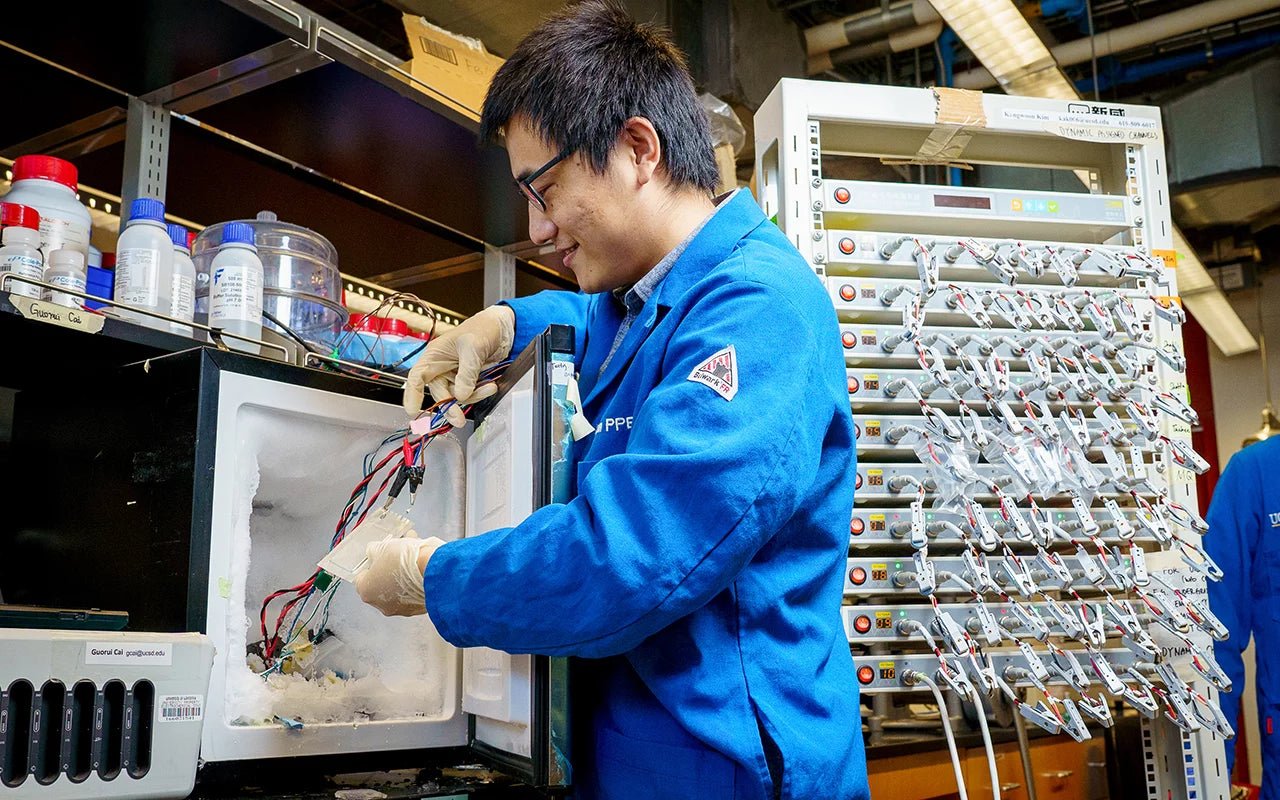
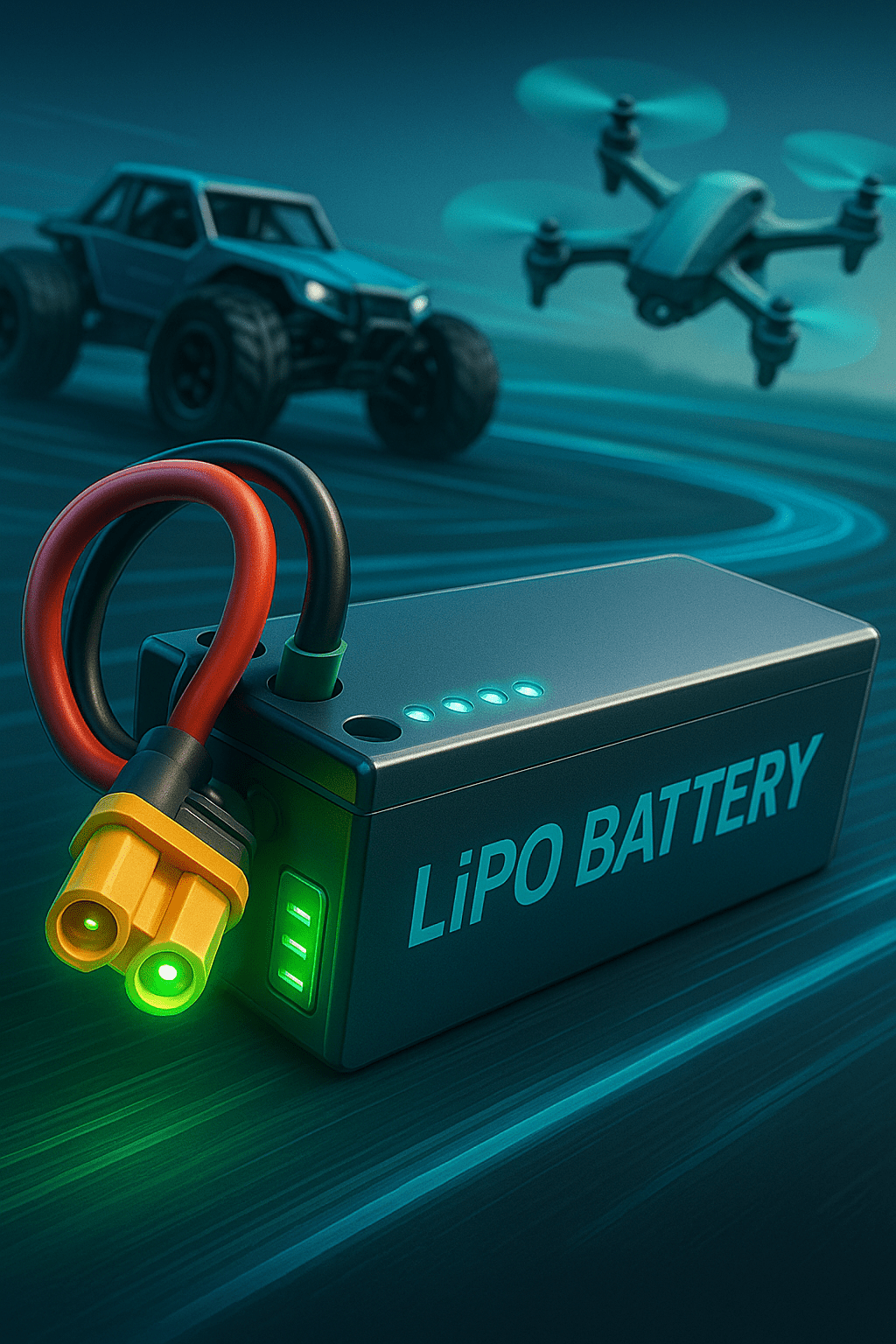
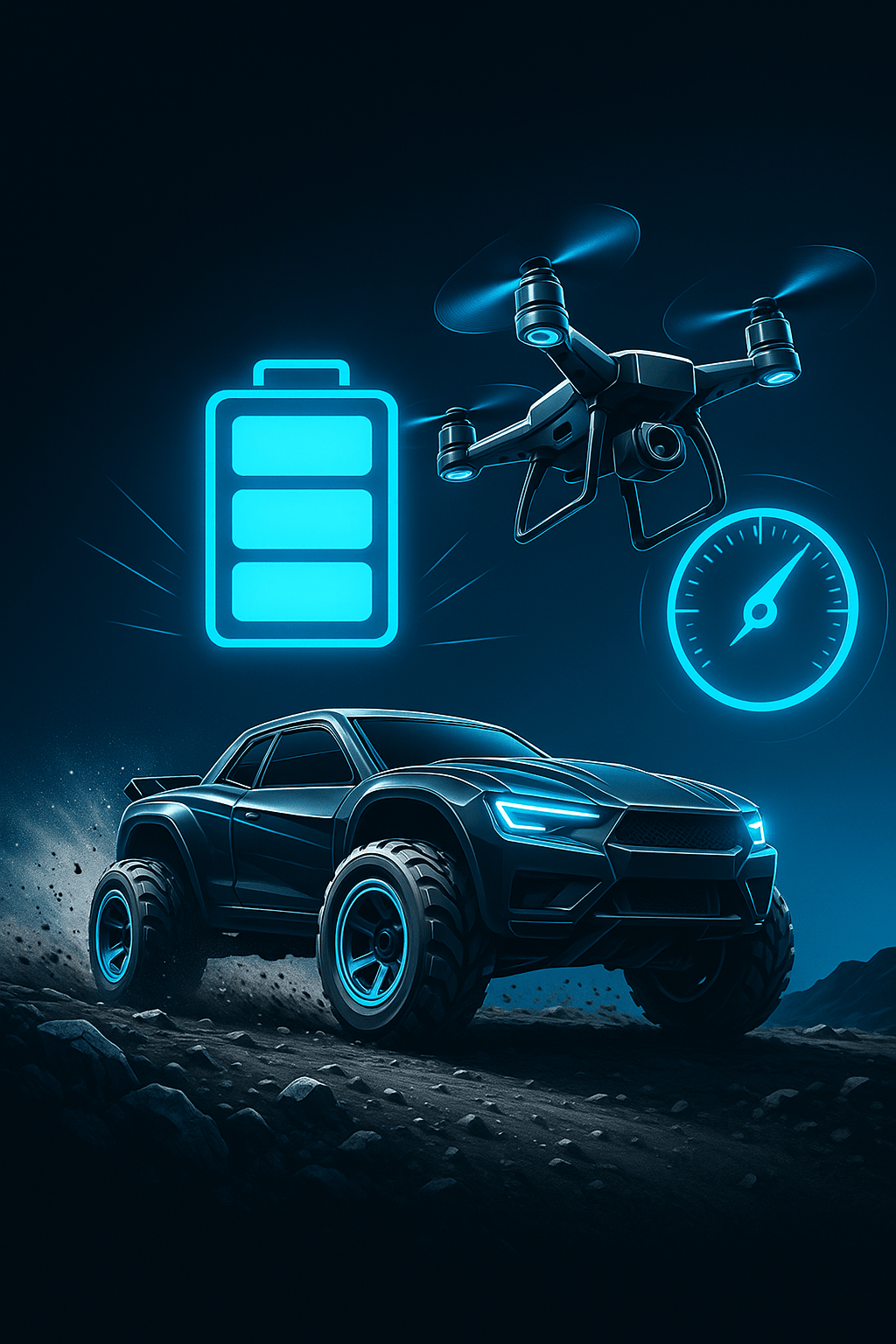
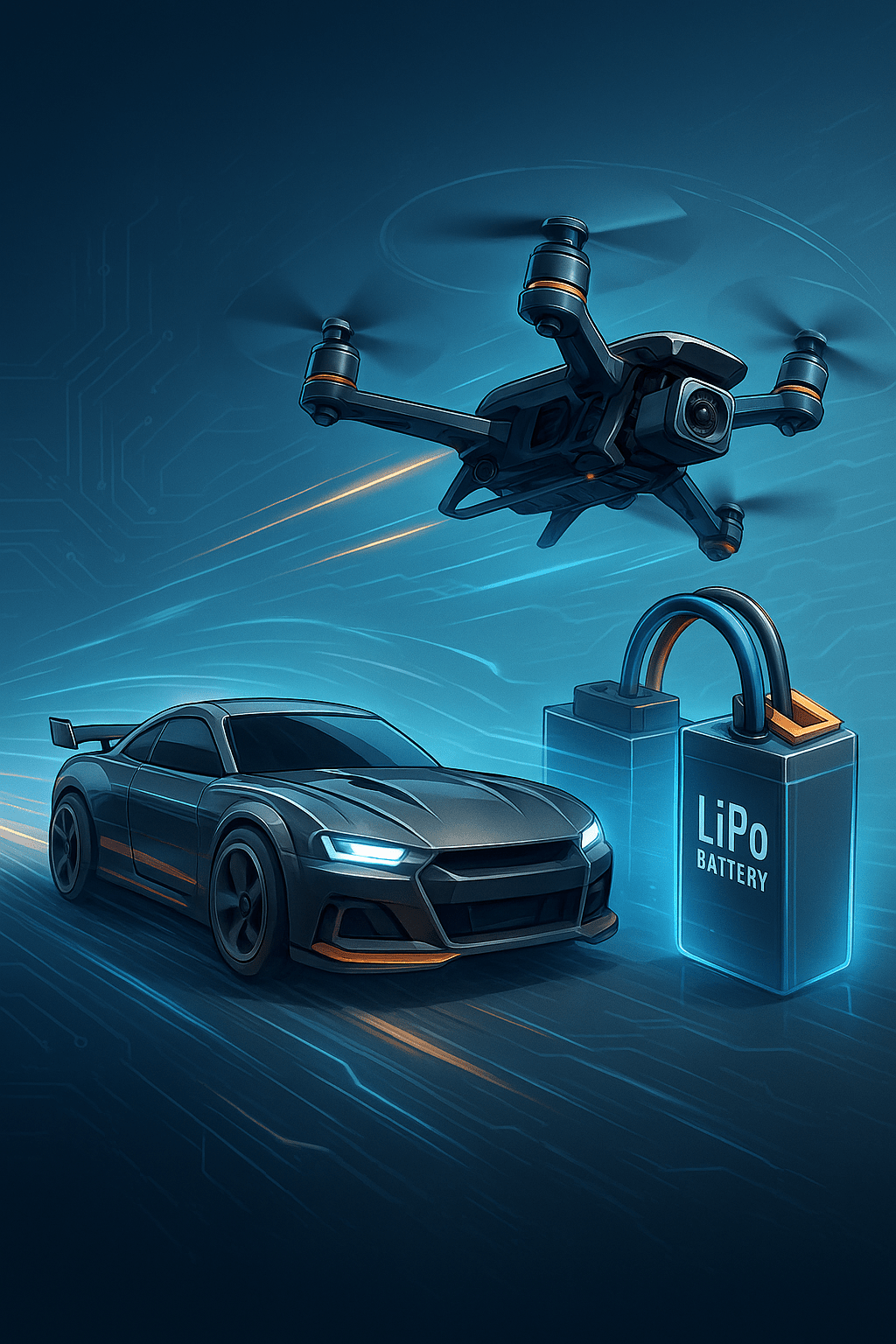
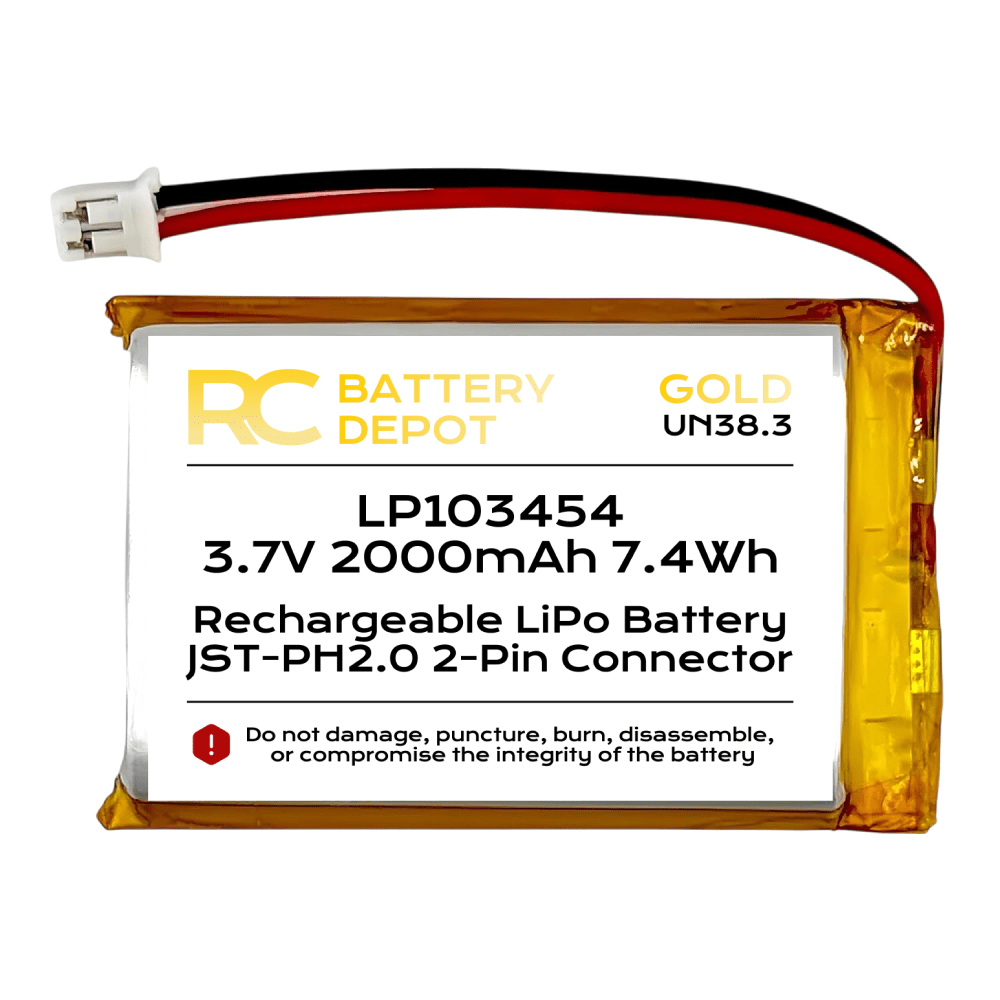
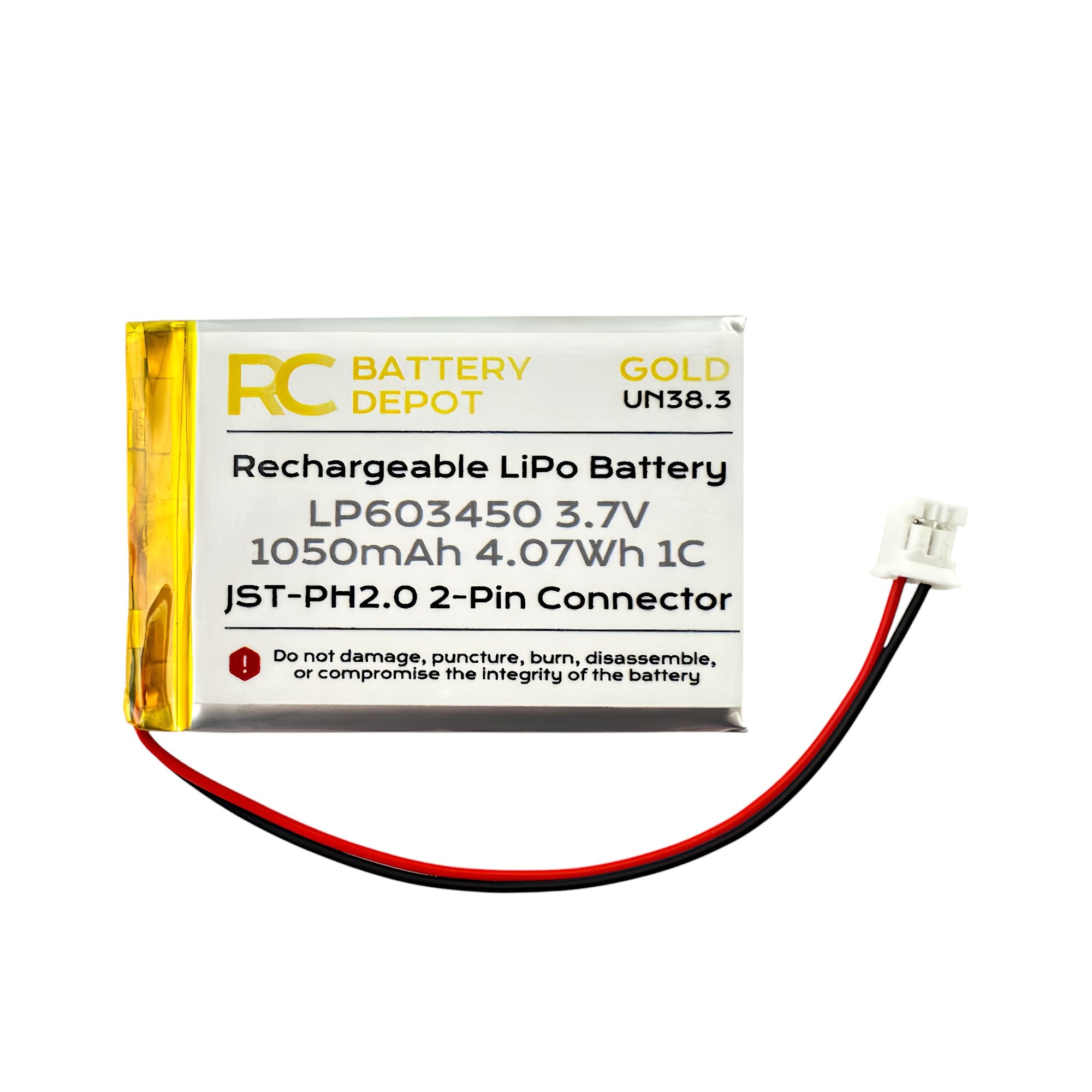
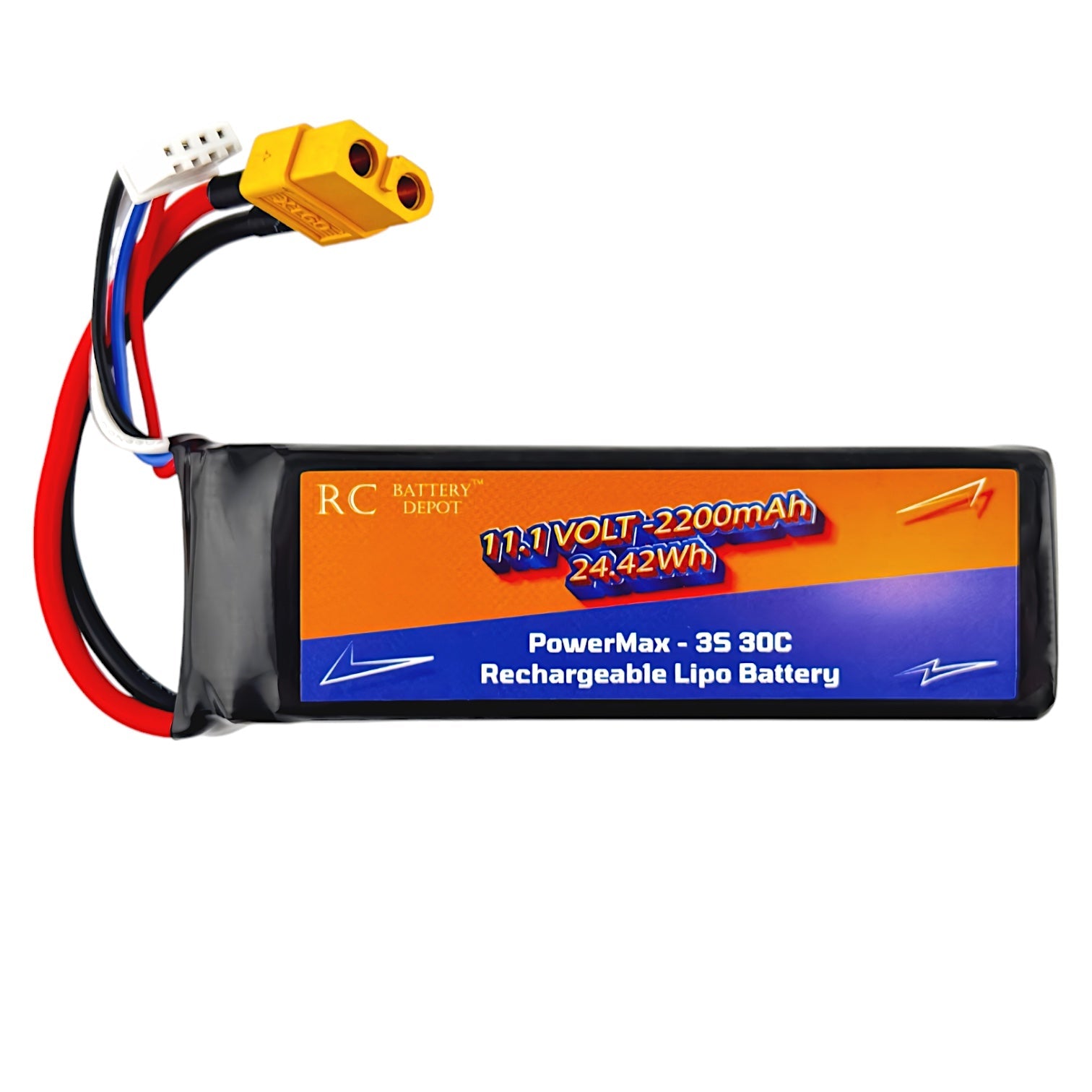
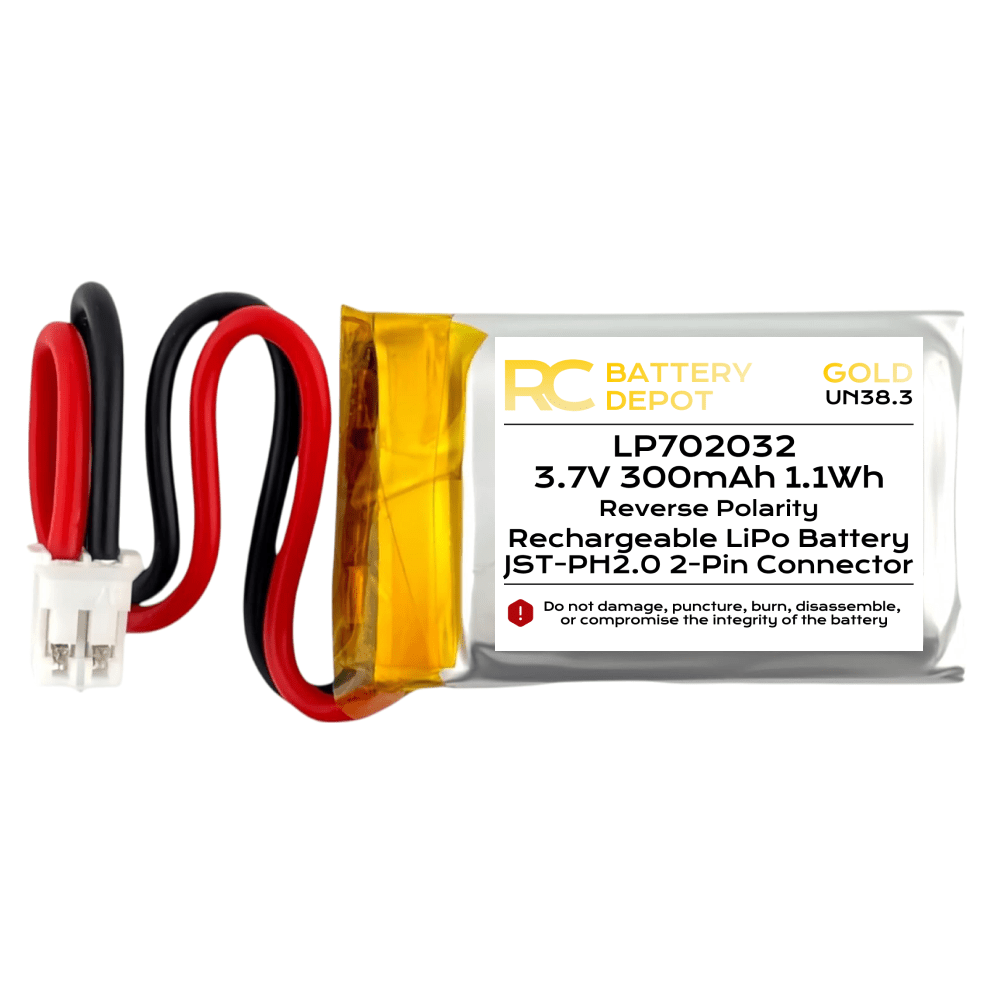
Share:
Understanding Internal Resistance in Batteries: Why It Matters for RC Hobbyists
The Thrill of RC Racing: A Beginner’s Guide to Remote-Controlled Racing